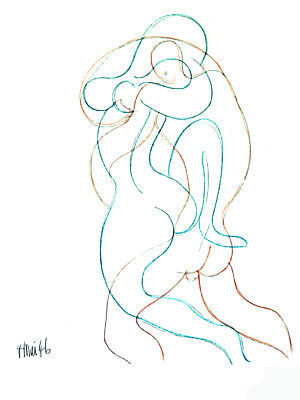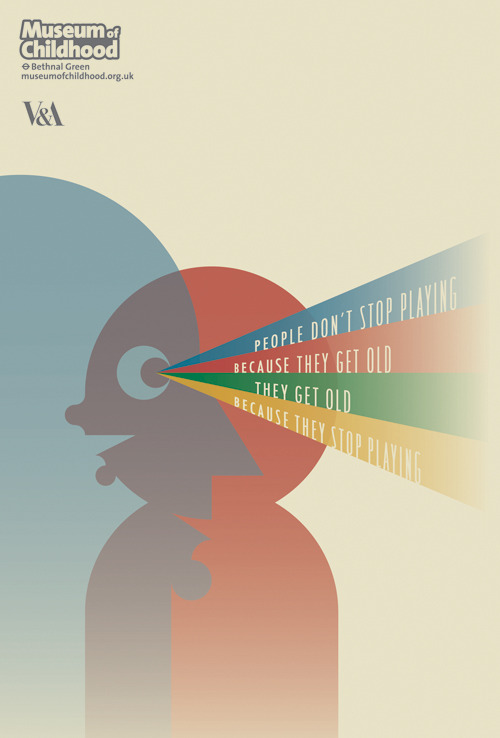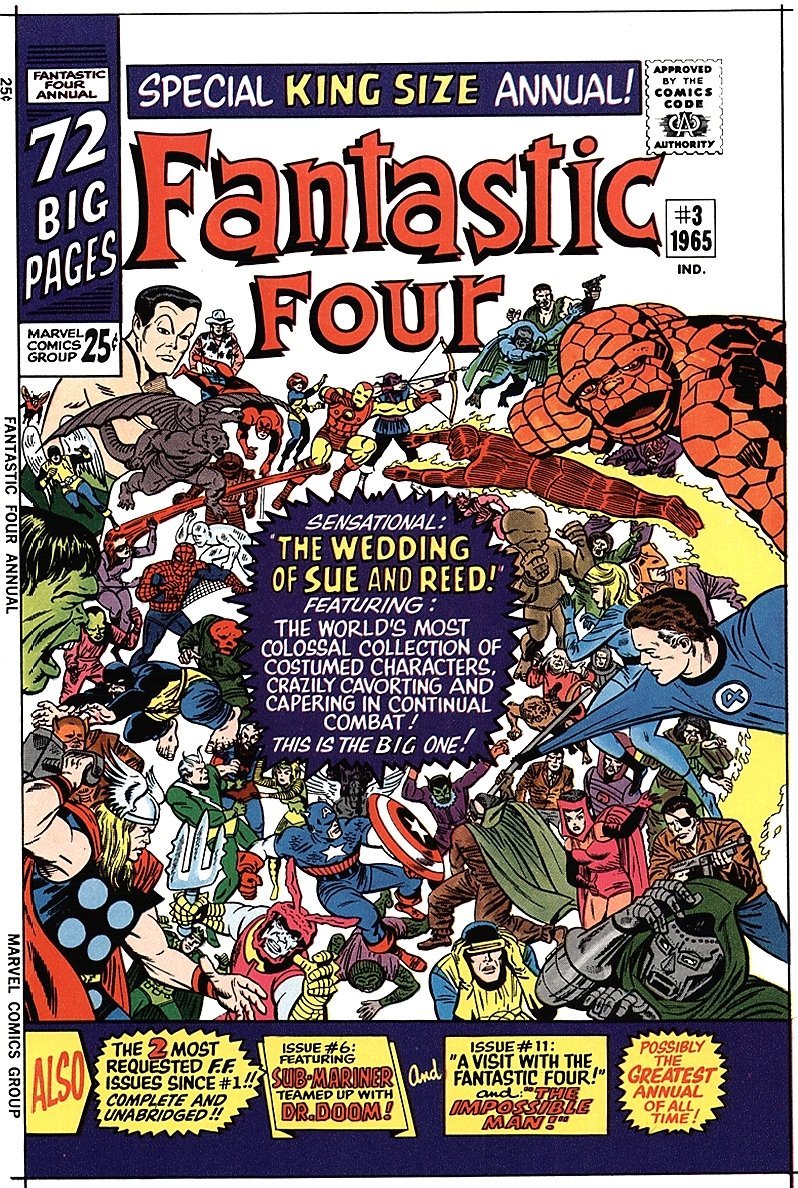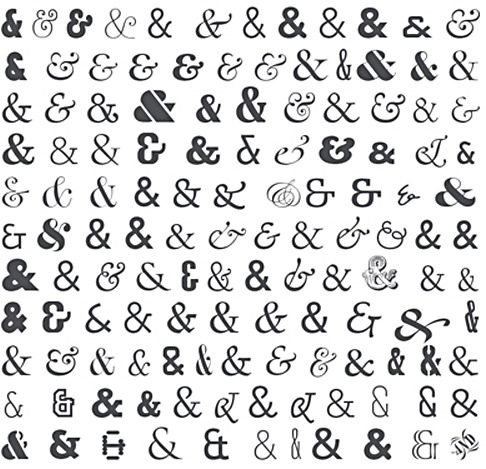What's ahead for ol' Mikey?
Inspired by Rani’s post about her upcoming work (hope that’s going well for you, Rani), it’s probably a good idea for me to look at the months ahead.
- The spring semester starts tomorrow. I’m spending today cleaning up my office, recycling pages and pages of article printouts, putting away the CDs we used for the road trip, filing away end of the year stuff, etc. I’m working this project a little at a time.
- I noodled on the fellowship essay over the Christmas break, trying to find my way into the material. I want to work on the essay this weekend, also. I was advised to emphasize that I want to teach and also talk about my research areas of interest. The former is easy, the latter is more difficult. Digital curation covers a lot of conceptual and technical ground, and I have a sneaking suspicion it’s a conundrum that will never be solved, only chased. Still, I find actually having to write out and make a case for myself forces me to confront many of these still-nebulous issues. The thinking and writing also provide me with the words, phrases, and thoughts I need when talking to advisors about my plans.
- I’m taking the Research Methods class; generally, you take this the semester before you work on your master’s paper (which is usually your graduation semester), but I wanted to take it early. I have an idea for a neighborhood survey and wanted to get it started.
- I’m also taking an independent study to be supervised by my friend Carolyn. We opted to go for the 3-hour option, which means about 9 hrs/week of outside work. We decided to go for a research study; I did some reading, sent her some ideas, and we’ll discuss them next week. The goal is to create a paper, a poster, or a product of some kind that can be published. I’m hoping the Research Methods class and the independent study activities dovetail. I view the independent study as a road-test for my interest in research and in digital curation; if I really have to flog myself to get to the end of the track, then I should reconsider the PhD in this field.
- UNC is hosting two conferences this spring I want to attend: the iConference and the DigCCurr 2009. The former is interesting to me as a place to see academics in the wild, so to speak. and how I resonate to their discussions and concerns. Same for the DigCCurr, though I’m more interested there in talking to folks, introducing myself, and getting a general buzz from the attendees on the state of play in the field. Since I'm targeting that field for my doctoral studies, I need to get familiar with it. I registered for the iConf and volunteered for the DigCCurr, but am wondering whether registering for the latter would give me more free time to roam and mingle.
- I opted not to sign up for the full-level of coaching this year, mainly because I didn't have the money. I will have enough, though, to sign up for a lower-level membership that still gives me all I need. Since starting my coaching in 2006, I’ve noticed big and small changes in myself that I can’t imagine having made on my own and so I want to continue my association with PJ Eby, especially with the book he’s writing that seems to be drawing together into a single narrative all of the myriad tools he’s refined over the last two years. PJ has the goods.
- I’m beta-testing Mark Forster’s latest time/task management scheme, dubbed AutoFocus. You can sign up to be a beta-tester here. It’s not an application, more a set of instructions and simple rules to create a structure that balances the rational and intuitive parts of your mind to help you decide which tasks to do next. He recommends implementing it via pen and paper (which I prefer) but many users on the forum are describing electronic ways of implementing it. All that's needed is a lined notebook or journal. Radically simple and I’m finding it very effective for shaking loose a lot of tasks I’ve procrastinated on. The danger that some of the beta-testers are experiencing is in overthinking the system, adding more rules, creating exceptions, etc. Will be interested to see how it copes when school starts!
- And I suppose I need to think about the PhD, too, don’t I? Yes, well. I’m hoping the independent study and my general immersion in study and research this semester will illuminate things for me. I’m going to have to make some decisions very soon, perhaps by February, that will affect what happens to me in the fall. My manager and I expect that by June the wheels will either be in motion for me to leave my job and start my doctoral studies, or I’ll have decided that a PhD (or this PhD) is not for me at this time. After spending the last 2 years getting to this point, I am still unsure of what I really want out of this experience and where I will be when it’s over. I do still struggle between the academic and the practitioner roles; they seem to be at loggerheads, though they shouldn’t be. But there seem to be more days when I want to be the latter than the former.
- I'm noticing that lately I say "no" to myself a little more easily when it comes to spending discretionary time to read another news feed or do a web walkabout. I'm foreseeing the next 5 months being as intense as I want to make them. So if I can't wholeheartedly say "yes" to something, I'm inclined to turn it down.
- Assuming I do leave my job, then our household income takes a mighty hit. So we're starting to hunker down and get frugal, in preparation for the lean times.


![Reblog this post [with Zemanta]](http://img.zemanta.com/reblog_e.png?x-id=83d07fc5-c1b8-417b-8b96-6ff23a19aeed)


